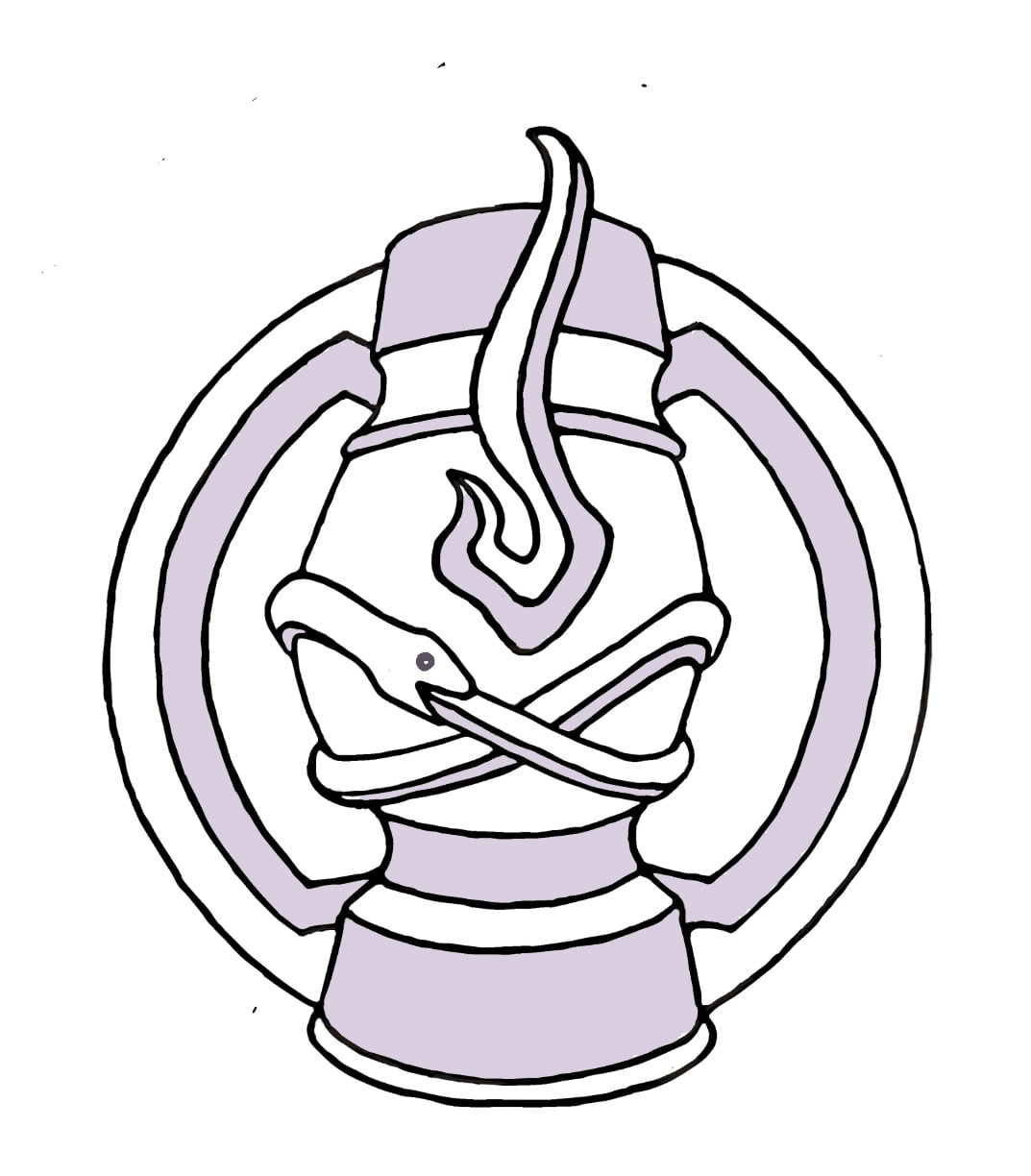by Rob Preece
This book is about understanding the preperatory practices for Buddhist Tantra, especially from a psychological angle. While I’m not much of a Tantric practitioner, I’m inspired by this as a parallel path in many ways, and appreciate a lot of the traditional wisdom. I was curious to know what kind of practices are advised before (or as a foundation for) getting into the more “magical” stuff, and why. I’ve also been feeling a compulsion to work more on spiritual discipline this year, so I’m hoping to get some inspiration for practice structures.
The book describes the purpose of preperatory exercises as threefold: purification, accumulation of merit, and surrender.
The author stresses that purification doesn’t need to invovle a punitive concept of sin, it’s more on an energetic level. However, the types of purification in approximate order (as I understand them) are basically:
- clearing resistance to acknowledging the harm one has participated in, both causing and receiving
- clearing distorted thinking, especially related to emotionally charged issues
- clearing the wrong view that “reality” is fundamentally solid and independently existing
Accumulation of merit means taking actions that may later blossom into benefits for ourselves and others (hopefully with a loose attitude toward those results). In a psychological sense, we may also accumulate the inspiration and other correct mental attitudes that will help us to stay motivated and engaged enough to succeed in difficult practices.
Surrender is a challenging concept in Buddhism, where it isn’t necessarily considered surrender to some kind of god or even a guru. Lama Yeshe said to “trust your inner wisdom,” the part of you that will continue making choices even if (maybe especially if) you have a sense that you’re releasing control of your life.
(in proccess)
